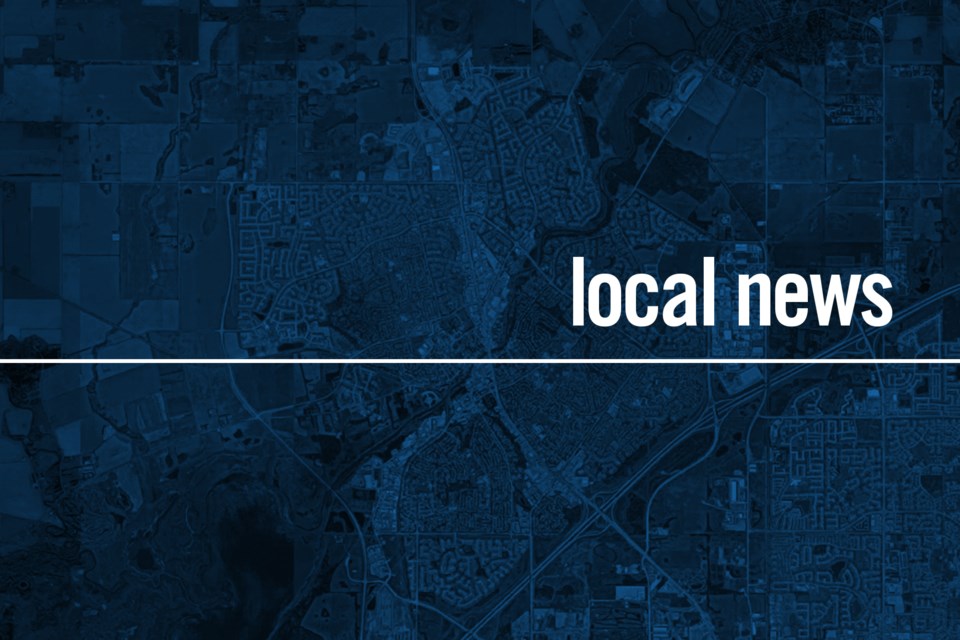As mental-health concerns continue to grow in school-aged children, St. Albert's public school board has been ramping up support for students and families.
St. Albert Public's director of student services, Renee Lukie, said they began training teachers and support staff in mental-health literacy a year before the pandemic began. However, in August 2020, after several months of online learning, Lukie said they met with a variety of educators and supports from the district regarding the prevention of mental-health challenges.
"What do we do in preparing for our return to post-online schooling to ensure that as kids (come) back into school that we would be prepared for them in relation to having them settle back in, feel welcome, and build those relations?"
To ensure the return to school prioritized trust, feeling safe, and belonging, Lukie said there were activity books and lessons that teachers could do with their classrooms and monthly meetings with the staff working in the schools to support teachers and students with mental health.
Lukie said mental-health literacy training is about looking at what would be typical mental health and when the problem escalates.
"What does typical or normal mental health look like? What does it look like when somebody has anxiety – knowing that we have all had anxiety, but when is it a problem? When do we get past a point of distress and into a larger situation when more support is needed?" said Lukie.
Marianne Barrett, deputy superintendent for St. Albert Public, said there are layers to the work they do, starting with prevention and promoting positive mental health, followed by how to support students identified as having mental-health concerns.
Those mental-health concerns have continued to grow in the last 13 months as COVID-19 presses on. Dionne Sackiw, a child psychologist with Sunshine Psychology, said she sees an increase in pandemic mental-health issues pertaining to financial issues and job loss in individual families, creating a spilling-over effect where children are being affected by what is happening with their parents.
"You have all the typical family issues that exist out there with divorce and separation, but it just seems mental health is much (poorer) in terms of dealing with the everyday challenges that were persistent before the pandemic, but now seem much more complicated," said Sackiw.
On top of that, Sackiw said she sees more anxiety and depression in younger children and teens who are also having more issues socializing, even with the use of technology. Sackiw said grief and loss aren't being given enough attention.
"We are seeing more grief and loss, especially because there is a lack of consistency with routine – what was known, what was familiar. We are seeing kids missing out on birthday parties, all the rites of passage and community engagement. They are missing their passions and their interests and hobbies, too."
Cynthia Smith, a registered provisional psychologist, agreed anxiety and depression have increased in children and added that she also sees more feelings of sadness and disconnect as children are limited in who they can play with. Smith said not having all the outlets that kids previously had means they have to sit with their thoughts more. This may create an overall feeling of anxiety. However, Smith said it is essential for parents to remember that it is OK not to be OK.
"Parents need to realize that it's not necessarily about fixing it for them but just about sitting and listening," she said.
As for specific services that can be accessed in school, Lukie said for anyone worried about their child, some of the schools have counsellors and others have support staff to help families access those supports. Schools are also working with the City of St. Albert's counselling services and with Alberta Health Services' mental-health clinic.
Barrett said their contracts with Alberta Health Services also provide a full-time addiction counsellor who works primarily with junior and senior high students and a mental-health therapist working out of the clinic in St. Albert who is supported through education dollars to provide services for students and their families.
"St Albert Public also supports the family school liaison program through the city of St. Albert, so those are three external supports that we help our family access, but we also contribute to financially," said Barrett.




